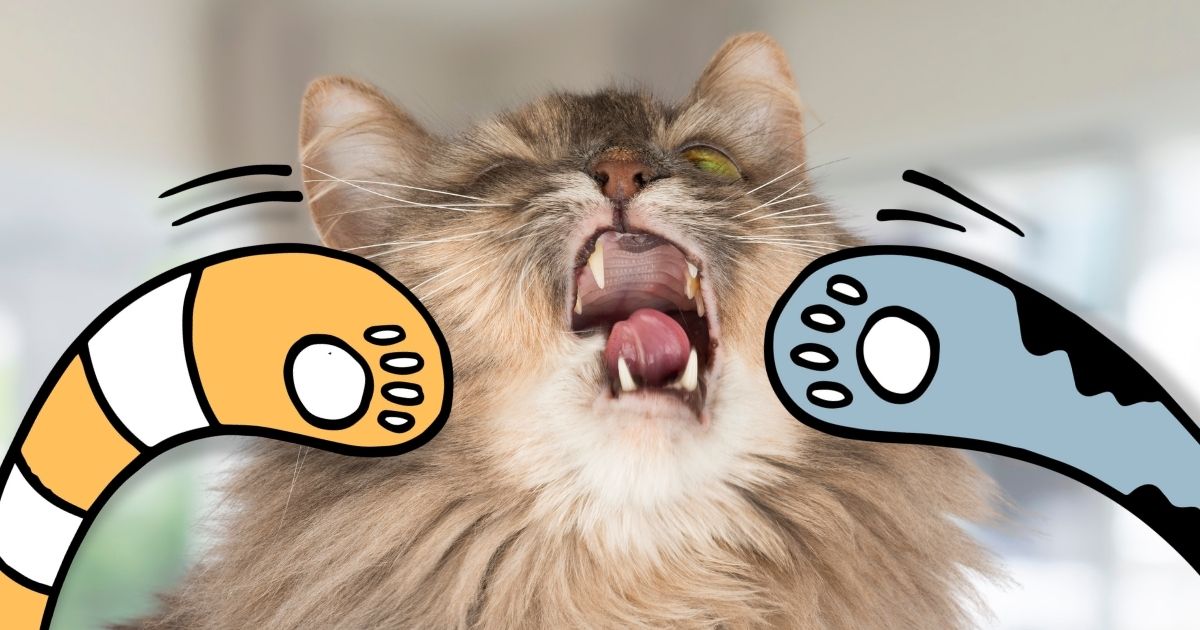
Cat Colds: Harmless Hiccups or Deadly Warnings?
February 02, 2024Cats are cherished companions, and their well-being is a top priority for pet owners. Like humans, cats can experience health issues, and one common concern is whether our feline friends can catch a cold. This article will explore the signs of cat colds, what to do if your cat is displaying symptoms, and how to discern if your furry companion needs immediate veterinary attention.
Can Cats Get Colds?
Yes, cats can indeed catch colds. Feline upper respiratory infections, often called cat colds, are caused by viruses, most commonly the feline herpesvirus and calicivirus. These viruses are highly contagious and can spread through direct contact with an infected cat or exposure to contaminated objects.
Signs of Cat Colds
Recognizing the signs of a cat cold is crucial for early intervention. Common symptoms include:

- Sneezing and Nasal Discharge: If your cat sneezes frequently and has a runny nose, these may be early indicators of a cold.

- Coughing: Persistent coughing or wheezing can also signal a respiratory issue.

- Watery Eyes: Cats with colds may exhibit watery or red eyes, indicating irritation or infection.

- Lethargy: A noticeable decrease in energy levels or enthusiasm for play can indicate that your cat is unwell.

- Loss of Appetite: Cats with colds may lose interest in food, decreasing their overall intake.
What to Do if Your Cat Has a Cold
If you suspect your cat has a cold, here are some steps you can take to help them recover:

-
Isolate the Cat: Keep the infected cat away from other pets to prevent the spread of the virus.

-
Provide a Comfortable Environment: Ensure your cat has a warm, quiet place to rest, away from drafts.

-
Encourage Hydration: Ensure your cat can access fresh water to stay hydrated. Consider offering wet food, as the moisture content can be beneficial.

- Use a Humidifier: Adding moisture to the air can ease respiratory discomfort for your cat.
Immediate Vet Attention

While many cat colds resolve independently with proper care, some situations may warrant immediate veterinary attention. Consult your veterinarian if you notice:
Difficulty Breathing
Labored breathing or open-mouth breathing is a cause for concern.
Severe Lethargy
If your cat is extremely weak or unresponsive, seek veterinary help promptly.
Persistent Symptoms
Professional intervention may be necessary if cold symptoms persist or worsen after a few days.
Eye or Nose Discharge
Thick or colored discharge from the eyes or nose may indicate a secondary bacterial infection requiring treatment.

Additionally, incorporating salmon oil into your cat's diet can offer potential benefits. Rich in omega-3 fatty acids, salmon oil may help support your cat's immune system and promote overall health. Always seek guidance from your veterinarian before adding any supplements to your cat's diet.
Conclusion
In conclusion, cats can indeed catch colds, and pet owners need to be vigilant about the signs of respiratory infections. Providing your cat with a comfortable environment, encouraging hydration, and monitoring their symptoms can contribute to a smoother recovery. Remember, if you ever have concerns about your cat's health, don't hesitate to seek professional advice from your veterinarian.
